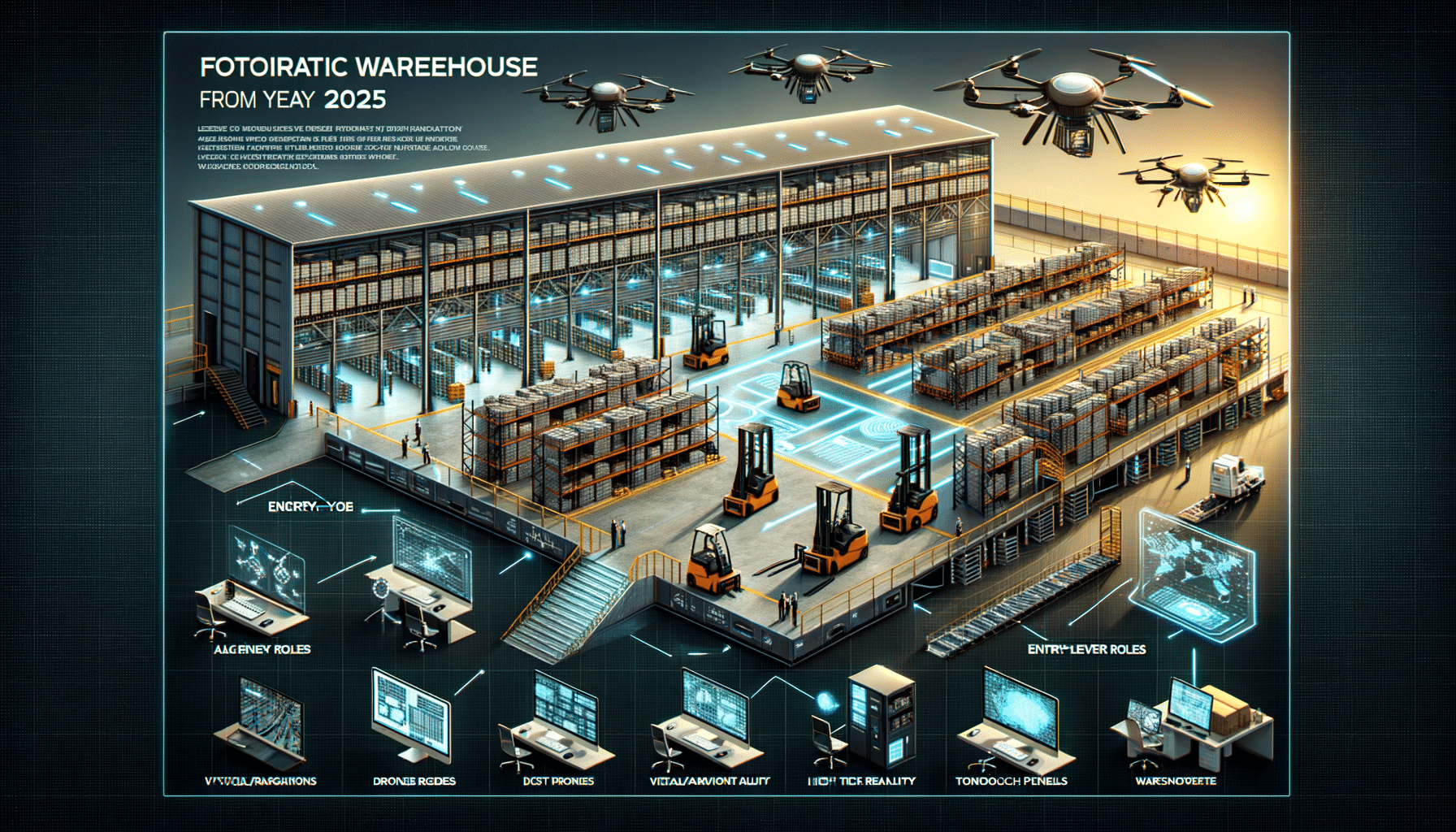
Warehouse Job Expectations and Entry-Level Roles in 2025
Introduction to Warehouse Jobs
In the ever-evolving landscape of logistics and supply chain management, warehouse jobs play a crucial role in ensuring the smooth operation of businesses worldwide. As we look towards 2025, the demand for skilled workers in this sector is expected to grow significantly. This article delves into the expectations and entry-level roles in warehouse jobs, offering insights into what the future holds for this vital industry.
The Growing Importance of Warehouse Jobs
Warehouse jobs have become increasingly important due to the rise of e-commerce and the global reach of businesses. The need for efficient storage, handling, and distribution of goods has placed warehouses at the heart of supply chain operations. In 2025, this trend is expected to continue, with more companies investing in state-of-the-art facilities and technology to optimize their operations.
One of the key drivers of this growth is the shift towards online shopping, which has surged in popularity. Consumers now expect faster delivery times, and warehouses must adapt to meet these demands. This has led to an increased demand for skilled warehouse workers who can efficiently manage inventory, operate machinery, and ensure the timely dispatch of products.
Moreover, advancements in technology, such as automation and robotics, are transforming the way warehouses operate. While these innovations improve efficiency, they also require workers to be proficient in using new tools and systems. As a result, there is a growing need for training programs that equip workers with the necessary skills to thrive in this dynamic environment.
Entry-Level Roles in Warehouse Jobs
Entry-level roles in warehouse jobs offer a gateway for individuals looking to start their careers in the logistics industry. These positions typically require minimal experience, making them accessible to a wide range of job seekers. Some common entry-level roles include:
- Warehouse Associate: Responsible for receiving, unpacking, and storing goods, as well as picking and packing orders for shipment.
- Forklift Operator: Operates forklifts and other machinery to move goods around the warehouse safely and efficiently.
- Inventory Clerk: Maintains accurate records of stock levels and assists with inventory audits.
These roles provide valuable on-the-job training and the opportunity to learn about warehouse operations. As employees gain experience, they can advance to more specialized positions, such as warehouse supervisor or logistics coordinator.
The demand for entry-level warehouse workers is expected to remain strong in 2025, driven by the continued growth of e-commerce and the need for efficient supply chain management. Companies are likely to offer competitive wages and benefits to attract and retain talent in this increasingly important sector.
Skills and Qualifications for Warehouse Jobs
To succeed in warehouse jobs, individuals need a combination of technical skills and personal attributes. While entry-level positions may not require extensive qualifications, certain skills can enhance a candidate’s prospects:
- Attention to Detail: Ensures accuracy in inventory management and order fulfillment.
- Physical Stamina: Many warehouse jobs involve manual labor, requiring employees to be physically fit.
- Teamwork: Warehouse operations are collaborative, and effective communication with colleagues is essential.
- Basic Computer Skills: Familiarity with inventory management software and other digital tools is increasingly important.
Additionally, obtaining certifications such as forklift operation or first aid can make candidates more attractive to employers. As technology continues to advance, ongoing training and development will be crucial for workers to stay competitive in the job market.
Conclusion: The Future of Warehouse Jobs
The future of warehouse jobs looks promising, with numerous opportunities for growth and advancement. As businesses continue to expand their operations and embrace new technologies, the demand for skilled workers in this sector will only increase. For individuals seeking stable and rewarding careers, warehouse jobs offer a pathway to success in the logistics industry.
By understanding the expectations and requirements of these roles, job seekers can position themselves for success in 2025 and beyond. Whether starting in an entry-level position or pursuing further training and development, the warehouse job market offers a wealth of opportunities for those willing to embrace change and innovation.